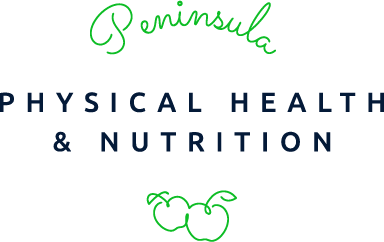Is Obesity a Disease?
The question of whether obesity should be called a ‘disease’ has sparked controversy for many decades. One concern about labelling obesity as a disease process is the finding that some people with obesity are actually healthy and do not have any risk factors for associated diseases such as prediabetes, hypertension (high blood pressure) and dyslipidaemia (abnormal cholesterol) although they may be victims of stigmatisation. However, studies have shown that in the long-term more than half of these individuals will develop some of these obesity-related diseases and orthopaedic problems during their lifetime. Therefore, it is of utmost importance that we treat obesity seriously and start working more on prevention strategies.
An abundance of food, low physical activity, and other environmental factors interact with our genetic susceptibility which results in obesity. It is believed that foods which are particularly high in energy and low in nutrients such as sugar-sweetened, fatty and highly processed foods are the primary agent in inducing obesity. The magnitude of obesity and its adverse health effects fit the epidemiological model of a disease process only, unlike an infectious microbe, such as that which causes the flu, food is believed to be the culprit.
Reversing obesity will prevent most of its detrimental effects but unlike a disease of which do you either do or do not have, it is a continuum, like baldness and progresses with time. Therefore, you need to make significant dietary changes such as reducing total calories, sugar and non-nutritious, processed foods first, then try to increase physical activity.





